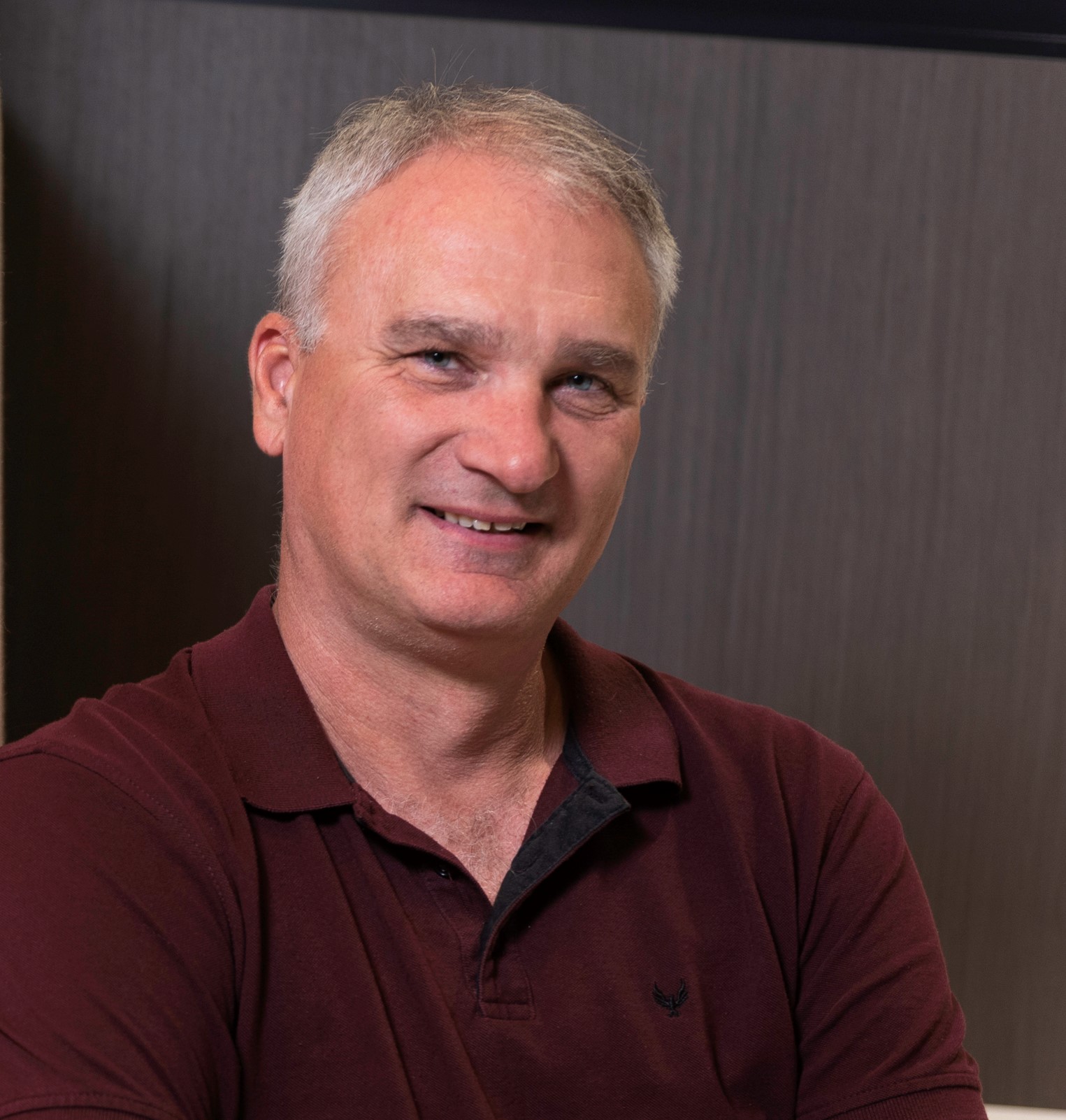Search
Research
Movement difficulties in children with neurodevelopmental disorders: considering a transdiagnostic approach to classificationChildren with neurodevelopmental disorders often experience difficulties in acquiring and executing movement skills. Although the motor profiles of neurodivergent children frequently overlap, rigid conceptual distinctions between diagnostic labels have been imposed by traditional categorical approaches to taxonomy. An alternative transdiagnostic approach is proposed to better represent the similarities between presentations.
Research
Healthcare SAVVI: Exploring health literacy and parents' experiences in supporting the health of children with intellectual disabilityResearch on the health literacy of parents with children with intellectual disability is limited. Understanding parents' healthcare skills and needs is essential for improving children's health and developing effective support. In this study we aimed to (1) explore the health literacy skills of parents that enabled them to support the health needs of their child with intellectual disability and the factors influencing these skills, and (2) identify opportunities to support parent health literacy.
Research
Causal Impact of COVID-19 Lockdowns on the Mental Health of Australian ChildrenThis project investigates the prevalence, risk factors, and causal impact of COVID-19 lockdowns on mental health disorders, self-harm, and suicide among Australian children.


Research
DETECT Schools Study Protocol: A Prospective Observational Cohort Surveillance Study Investigating the Impact of COVID-19 in Western Australian SchoolsAmidst the evolving COVID-19 pandemic, understanding the transmission dynamics of the SARS-CoV-2 virus is key to providing peace of mind for the community and informing policy-making decisions. While available data suggest that school-aged children are not significant spreaders of SARS-CoV-2, the possibility of transmission in schools remains an ongoing concern, especially among an aging teaching workforce. Even in low-prevalence settings, communities must balance the potential risk of transmission with the need for students' ongoing education.
Research
Who's declining the "free lunch"? New evidence from the uptake of public child dental benefitsThis study provides the first evidence on the determinants of uptake of two recent public dental benefit programs for Australian children and adolescents from disadvantaged families. Using longitudinal data from a nationally representative survey linked to administrative data with accurate information on eligibility and uptake, we find that only a third of all eligible families actually claim their benefits.
Research
Racial discrimination and allostatic load among First Nations Australians: a nationally representative cross-sectional studyIncreased allostatic load is linked with racial discrimination exposure, providing a mechanism for the biological embedding of racism as a psychosocial stressor. We undertook an examination of how racial discrimination interacts with socioecological, environmental, and health conditions to affect multisystem dysregulation in a First Nations population.
Research
Trends in sugar supply and consumption in Australia: is there an Australian Paradox?High consumption of refined carbohydrate, in particular sugar, has been identified as a possible contributory factor in greater risk of excess weight gain.
Research
Maternal Pre-pregnancy Body Mass Index and Offspring Temperament and Behavior at 1 and 2 Years of AgeRecent research suggests that fetal exposure to increased maternal body mass index (BMI) during pregnancy may be associated with psychopathology later in life.
